,<KR>
묘사
이 책은 한국 복지국가가 성공적인 산업화, 민주화, 전투적 노동운동, 중앙집권적 능력주의에도 불구하고 왜 저개발 상태에 있는지 설명합니다. 한국의 발전 상태와 급속한 경제 발전에 초점을 맞춘 대부분의 사회과학 서적과 달리, 1960~70년대 산업화, 1980년대 중반 민주화와 노동운동, 1990년대 세계화와 금융위기, 2010년대 자유복지의 바람 등 한국 역사의 중요한 시기에 사회복지 문제와 정치를 다루고 있습니다. 유럽 복지국가에서 보다 견고한 산업노조주의와 달리 한국 기업 노조의 이기적인 활동을 강조합니다. 한국의 대기업인 재벌은 임금 인상과 기업 복지 확대를 요구하는 노조의 요구를 수용하여 노조가 사회복지를 요구할 실질적인 인센티브를 없앴습니다. 또한 한국의 1인 선거구 선거 규칙은 대통령이 비인기 증세 문제로 인해 상당한 제약을 받으면서도 모든 국민을 위한 공공복지가 아닌 지리적으로 타겟팅된 좁은 혜택을 판매하도록 유도합니다. 거부권 행사자로 활동하는 강력한 경제 관료들도 한국을 작은 복지 국가로 이끌었습니다.
한국 개발도상국이 형성한 산업 및 제도적 환경을 특정 유형의 복지국가와 연결합니다
산업화, 민주화, 노동, 운동, 세계화, 금융 위기 등 한국의 중요한 시기에 사회 보장 제도와 복지 정치에 중점을 둡니다
응용 경제학, 고급 통계 분석 및 전문 용어 사용 방지
상
2017년 인제 베스트 도서상, 한국정치학회 수상
리뷰 및 후원
'… 이 책은 한국의 작은 복지국가라는 수수께끼에 대한 설명과 세부 사항, 최신 실증 자료로 가득 찬 설득력 있는 설명입니다. 오늘과 어제의 한국을 이해하고 미래를 고민하고 싶은 사람이라면 반드시 읽어야 할 책입니다. 토마스 R. 클라센, 동아시아학 저널
<ENG>
Description
This book explains why the Korean welfare state is underdeveloped despite successful industrialization, democratization, a militant labor movement, and a centralized meritocracy. Unlike most social science books on Korea, which tend to focus on its developmental state and rapid economic development, this book deals with social welfare issues and politics during the critical junctures in Korea's history: industrialization in the 1960–70s, the democratization and labor movement in the mid-1980s, globalization and the financial crisis in the 1990s, and the wind of free welfare in the 2010s. It highlights the self-interested activities of Korea's enterprise unionism at variance with those of a more solidaristic industrial unionism in the European welfare states. Korean big business, the chaebol, accommodated the unions' call for higher wages and more corporate welfare, which removed practical incentives for unions to demand social welfare. Korea's single-member-district electoral rules also induce politicians to sell geographically targeted, narrow benefits rather than public welfare for all while presidents are significantly constrained by unpopular tax increase issues. Strong economic bureaucrats acting as veto player also lead Korea to a small welfare state.
Links industrial and institutional settings shaped by the Korean developmental state to a particular type of welfare state in Korea
Focuses on social security systems and welfare politics during the critical juncture periods of Korea, including industrialization, democratization, labor, movement, globalization, and financial crisis
Avoids applied economics, advance statistical analysis, and jargon
Awards
Winner, 2017 Injae Best Book Award, Korean Political Science Association
Reviews & endorsements
'… the book is a convincing account, both explanatory and full of details and up-to-date empirical data, of the enigma of Korea's small welfare state. A must-read for anyone wishing to apprehend the Korea of today and yesterday, and to contemplate its future. Thomas R. Klassen, Journal of East Asian Studies
[FR]
Description de l'ouvrage
Ce livre explique pourquoi l'État providence coréen est sous-développé malgré une industrialisation réussie, une démocratisation, un mouvement ouvrier militant et une méritocratie centralisée. Contrairement à la plupart des ouvrages de sciences sociales sur la Corée, qui ont tendance à se concentrer sur son état de développement et son développement économique rapide, ce livre traite des questions de protection sociale et de la politique aux moments critiques de l'histoire de la Corée : l'industrialisation dans les années 1960-70, la démocratisation et le mouvement ouvrier au milieu des années 1980, la mondialisation et la crise financière dans les années 1990, et le vent de la protection sociale gratuite dans les années 2010. Il met en évidence les activités intéressées du syndicalisme d'entreprise coréen, qui diffèrent de celles du syndicalisme industriel plus solidaire des États-providence européens. Les grandes entreprises coréennes, les chaebol, ont accédé à la demande des syndicats d'augmenter les salaires et d'accroître la protection sociale des entreprises, ce qui a supprimé les incitations pratiques pour les syndicats à exiger une protection sociale. Les règles électorales à circonscription unique de la Corée incitent également les politiciens à vendre des avantages étroits et ciblés géographiquement plutôt qu'un bien-être public pour tous, tandis que les présidents sont fortement limités par des questions d'augmentation d'impôts impopulaires. Des bureaucrates économiques puissants agissant comme des vecteurs de veto conduisent également la Corée à un petit État-providence.
Établit un lien entre les cadres industriels et institutionnels façonnés par l'État développementiste coréen et un type particulier d'État-providence en Corée.
Se concentre sur les systèmes de sécurité sociale et les politiques d'aide sociale pendant les périodes critiques de la Corée, notamment l'industrialisation, la démocratisation, le travail, le mouvement, la mondialisation et la crise financière.
Évite l'économie appliquée, l'analyse statistique avancée et le jargon.
Récompenses
Lauréat, 2017 Injae Best Book Award, Association coréenne de science politique
Critiques et approbations
'... le livre est un compte rendu convaincant, à la fois explicatif et plein de détails et de données empiriques à jour, de l'énigme du petit État-providence coréen. Une lecture incontournable pour quiconque souhaite appréhender la Corée d'aujourd'hui et d'hier, et envisager son avenir. Thomas R. Klassen, Journal of East Asian Studies

















